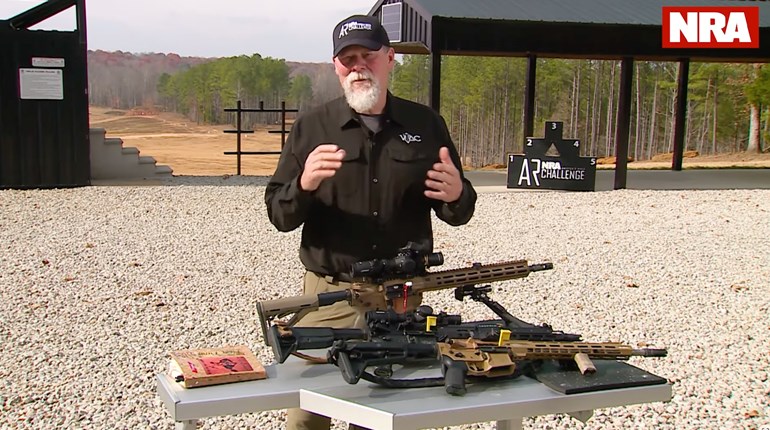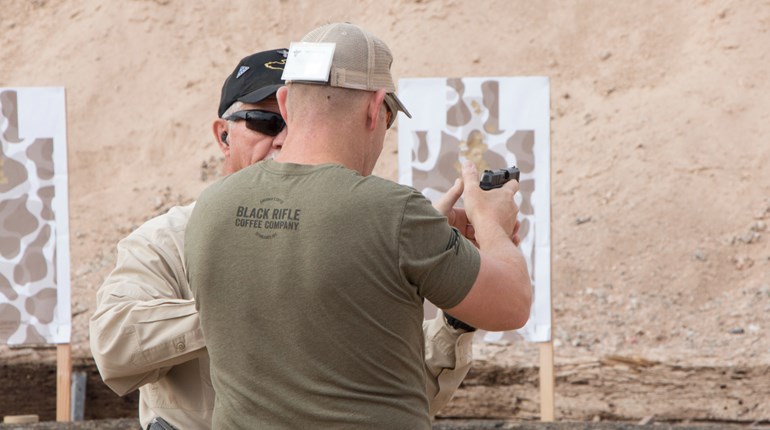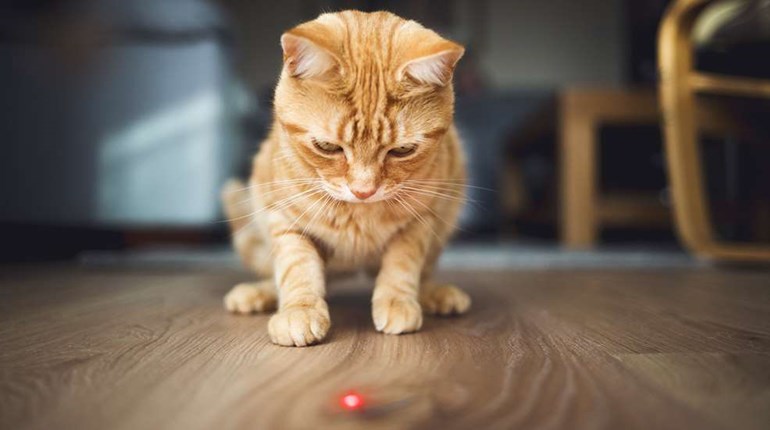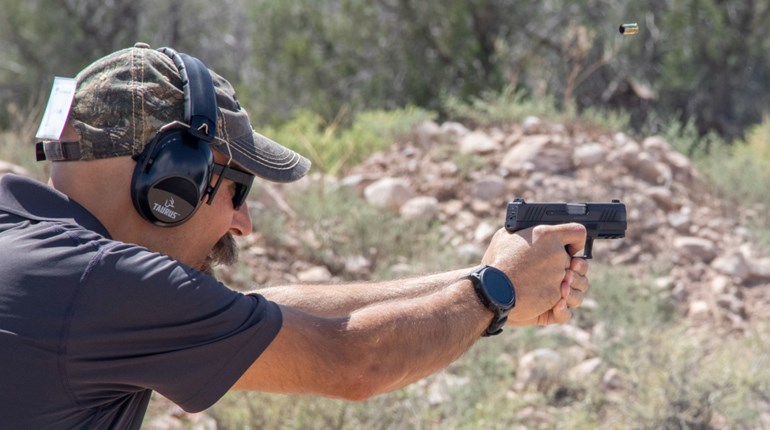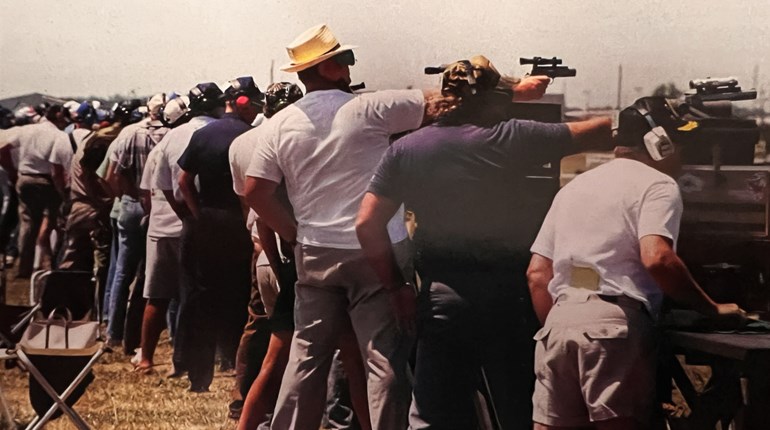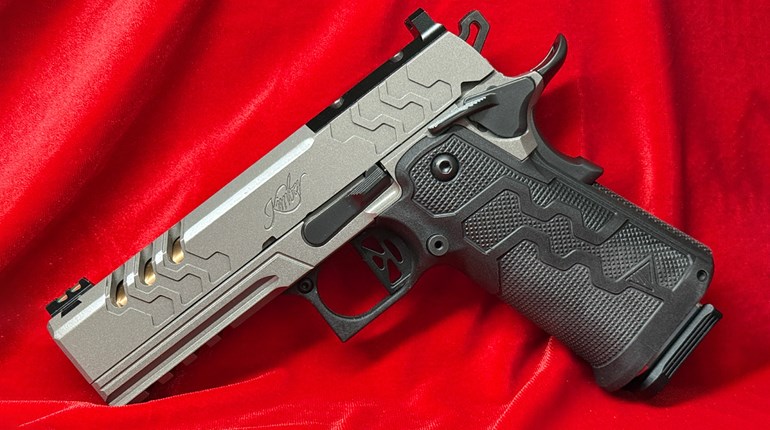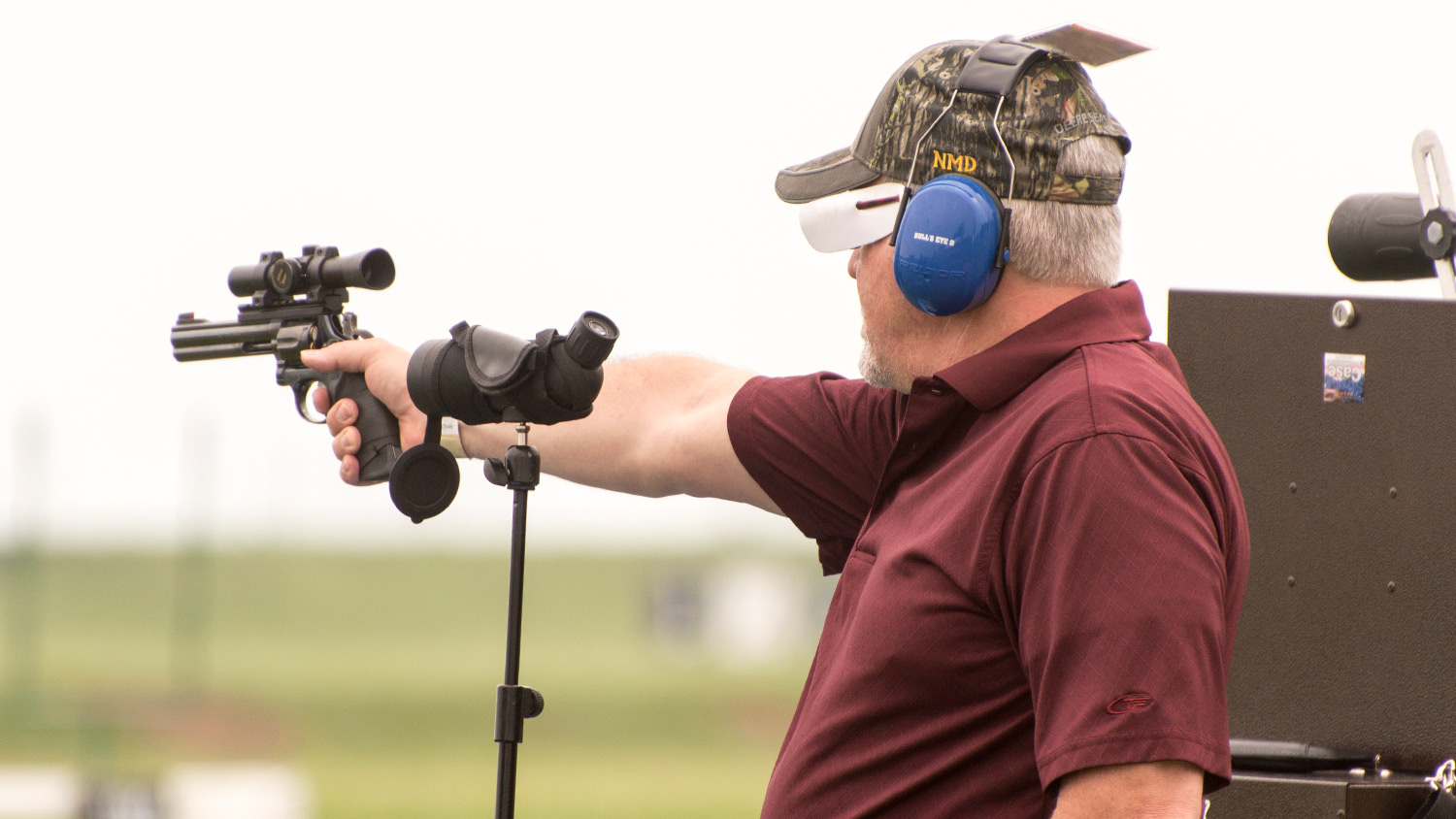
Competitive anxiety is a condition that affects a shooter’s performance both physically and mentally. Like most forms of anxiety, this type is indicated by shallow breathing that causes the heart to race and the competitor to become nervous. Some sports psychologists have linked this condition and even used for positive performance gains instead of having a negative impact. Breathing slowly and deeply can help overcome this affliction.
Competitive anxiety is common in competitors throughout the sports community. However, studies have shown that in individual sports like shooting, the incidence of competitive anxiety is higher than in sports in which competitors participate as a team. In some events, the competitor’s performance might be positively enhanced by a state of “high anxiety,” and it may even be encouraged by coaches. In shooting, there is no benefit from it at all.
The cognitive aspects of the condition—like worrying or being nervous—coupled with the physical manifestations will hinder a shooter’s performance. A coach must monitor less experience shooters and pay close attention to their competitors’ mental and emotional state at a match or other pressure situation. In this way, competitive anxiety can be identified, and measures can be taken to alleviate negative responses.
Sports psychologists successfully employ many methods of controlling anxiety, some of which include “flooding” and “implosive therapy.” But, the most common way shooting coaches can deal with an anxious condition is through relaxation techniques. A shooter can learn to replace fear and stress at a match with calmness and confidence to find a more relaxed state.
Relaxation techniques are very plentiful, leaving individuals with choices to suit their liking. Techniques that involve slow, deep breathing work well, regardless of the individual. When coupled with activities that naturally relax a competitor, the results are measurable. Some relaxation methods to add to deep breathing exercises include listening to music, imagery, visualization and progressive deep-muscle relaxation. The latter involves the systematic tightening and relaxing of major muscle groups. Some people prefer more involved methods of relaxation such as transcendental meditation, yoga, tai chi and stretching exercises. All of these activities involve controlled breathing.
It goes without saying that some music is relaxing, some is motivational while other music is not. Visualization and imagery involve picturing and concentrating on a relaxing scene or image. A competitor could also use a meaningful photograph to help enter a relaxed state. If you look closely, you’ll notice many superior shooters with pictures taped to their shooting stands and pistol boxes.
At major matches, you can sometimes witness high-level shooters participating in activities such as playing cards between relays. They may think they are just having fun, but they are doing something more rewarding for their shooting: They are relaxing. Because of this ability to chill out, anxiety rarely affects these experienced competitors.
For newer shooters, it might be necessary to begin relaxation techniques the night before a match to reduce anxiety. It is also a good idea to incorporate these methods in other aspects of life. Stress can have many negative consequences on an individual’s health that, in turn, will affect shooting. However if a shooter is relaxed, they will be happy, healthy and in the center. Now—breathe deeply, and relax.
Further reading:













